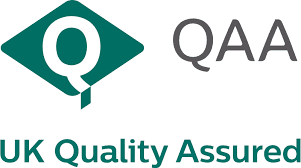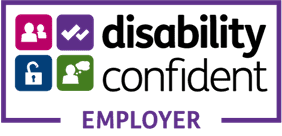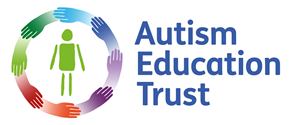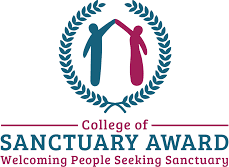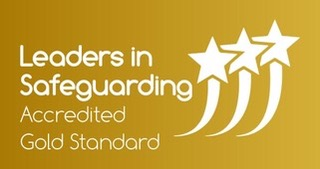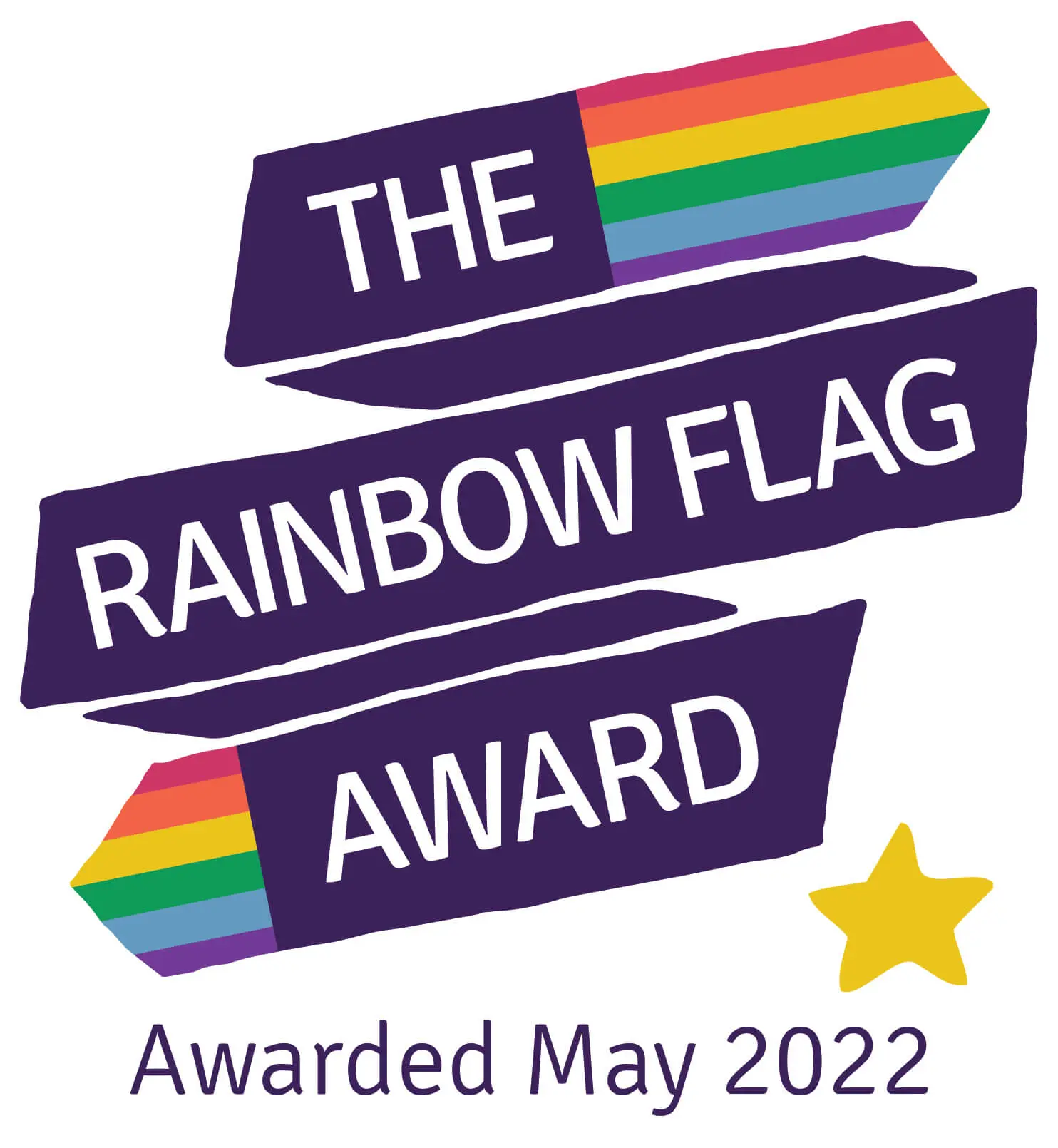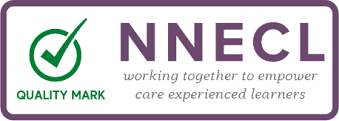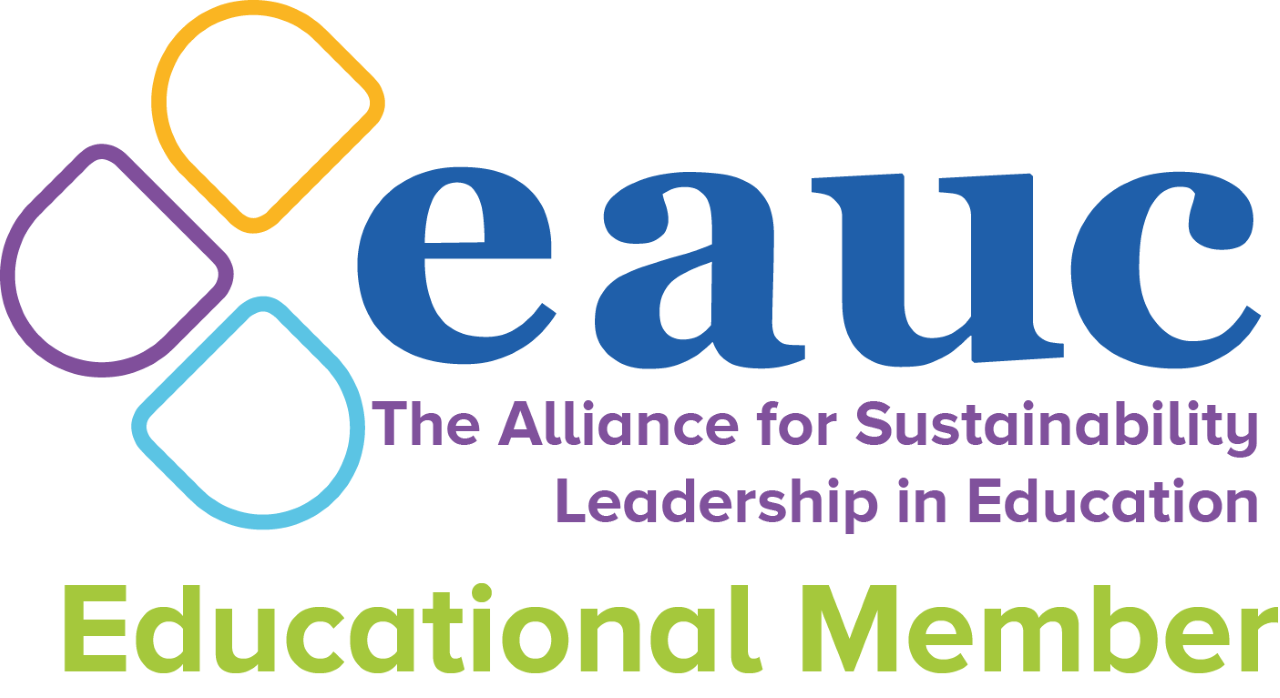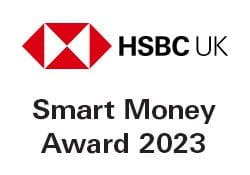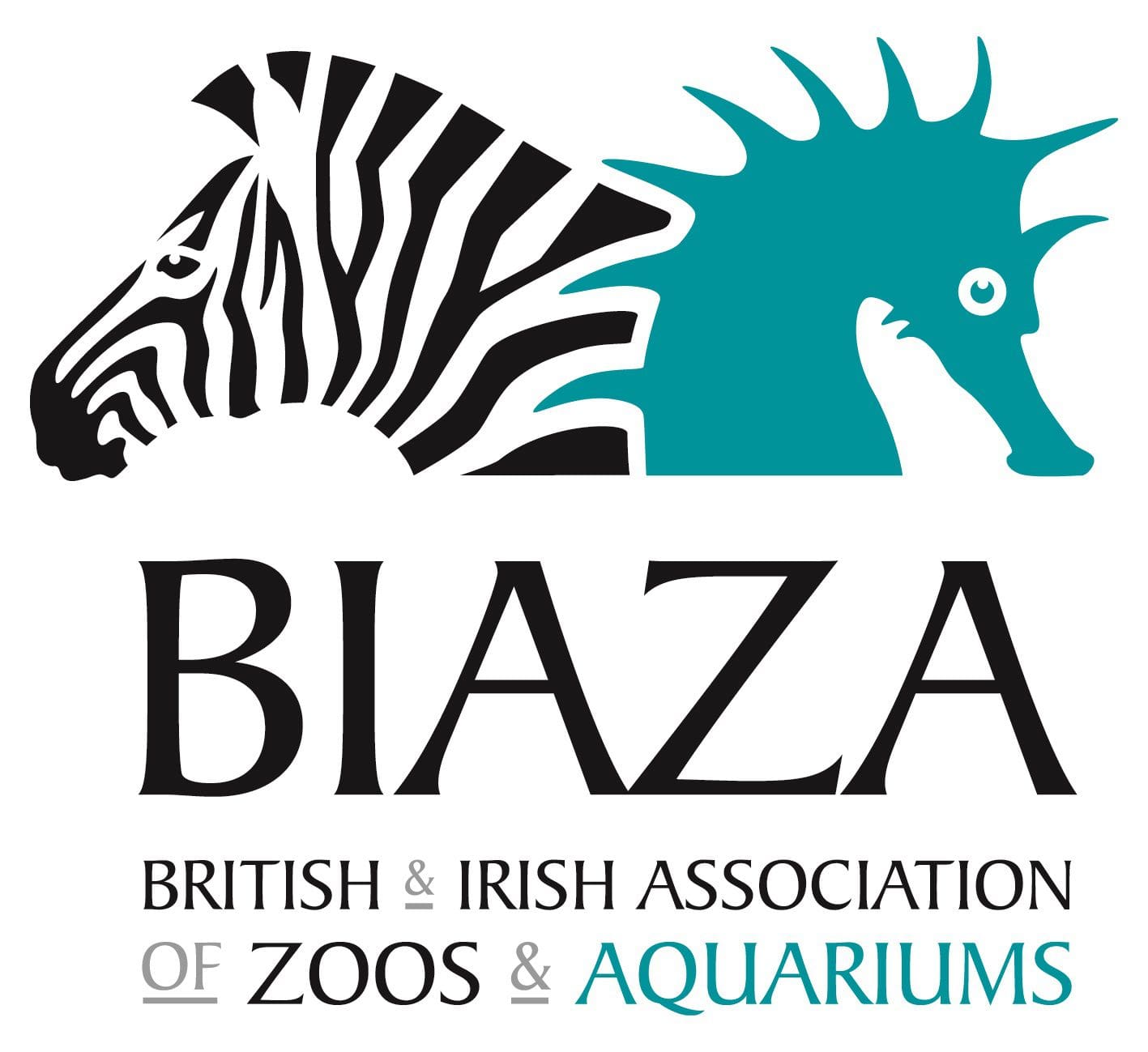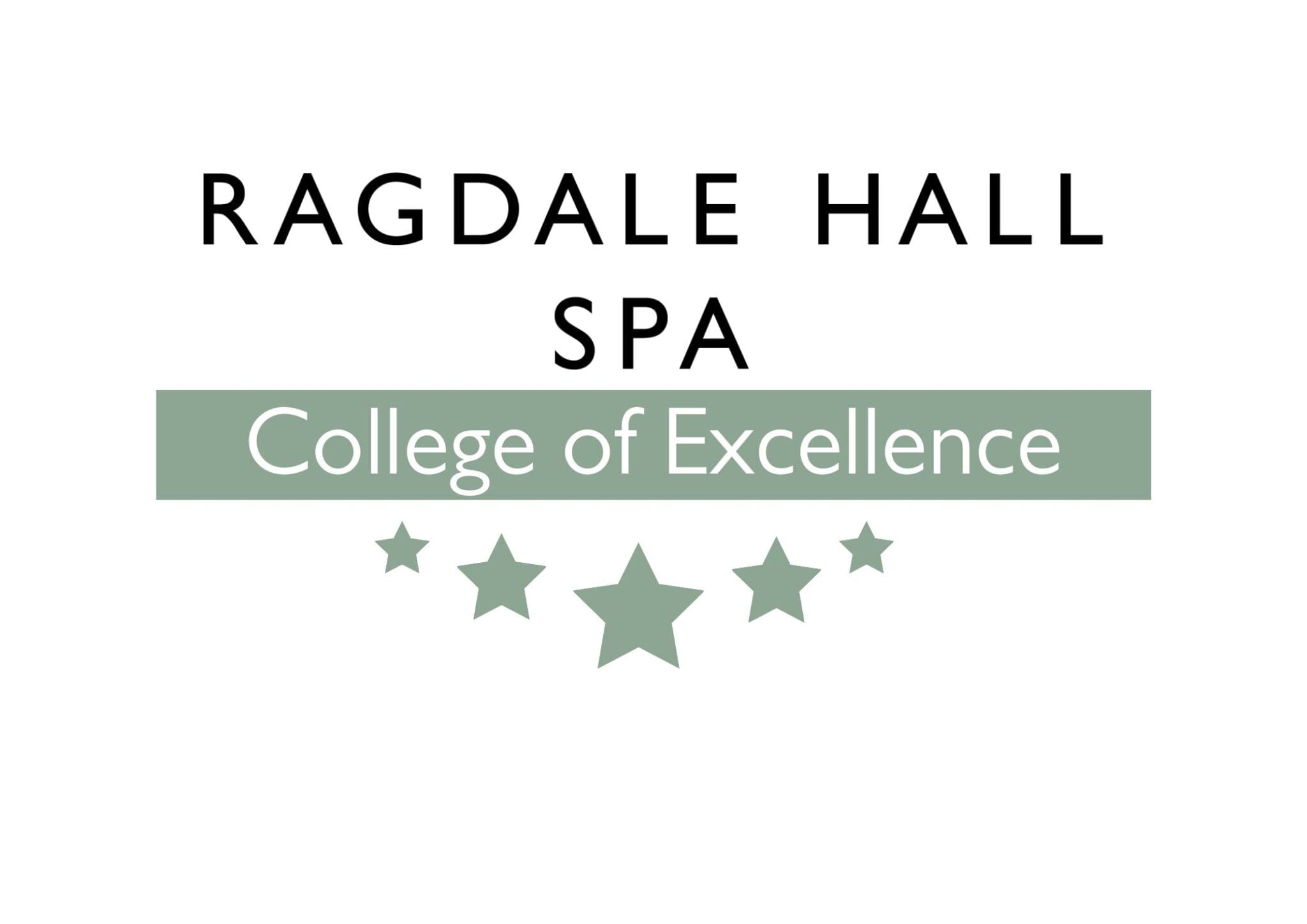Coronavirus (COVID-19) information for students and staff
Update – Monday 23rd August 2021
The college is looking forward to welcoming students, staff, and visitors to campus in the autumn term. Safety remains our priority and we have revisited our risk assessments and COVID-19 measures over the summer in accordance with government guidance and recommended practice.
It is likely students will have met with others during the summer holidays, and because of this the college will be encouraging all students to participate in two lateral flow tests three to five days apart in the first week of the autumn term.
After this initial testing week, we will be asking staff and students to continue conducting Lateral Flow Tests (LFT) at home twice weekly in line with government guidance.
We will also continue to support our vulnerable students, working with the local authority and other professionals where appropriate.
We encourage all students to take up the offer of vaccination as and when they become eligible. The COVID-19 vaccination is being offered to:
Currently:
- all persons aged 18 and over can receive both doses,
- all those aged 17 and within 3 months of their 18th birthday can receive both doses,
- all those aged 16 and 17 can receive a first dose of the vaccine.
Vaccinations are available at local sites run by GPs or community pharmacies, at larger vaccination centres and in some hospitals. To book or manage your coronavirus (COVID-19) vaccination, click here: https://www.nhs.uk/conditions/coronavirus-covid-19/coronavirus-vaccination/book-coronavirus-vaccination/
You can find a list of all the sites that are able to vaccinate those aged 16-18 across the Black Country and West Birmingham here.
The college remains vigilant about new and additional safeguarding concerns. If you have any safeguarding concerns, please speak to Lynn Pass via email or phone:
Email: lpass@halesowen.ac.uk
Phone: 0121 602 7777
If you are a vulnerable student and have concerns, please let Learning Support know by contacting Helen Stockdale via email or phone:
Email: hstockdale@halesowen.ac.uk
Phone: 0121 602 7777
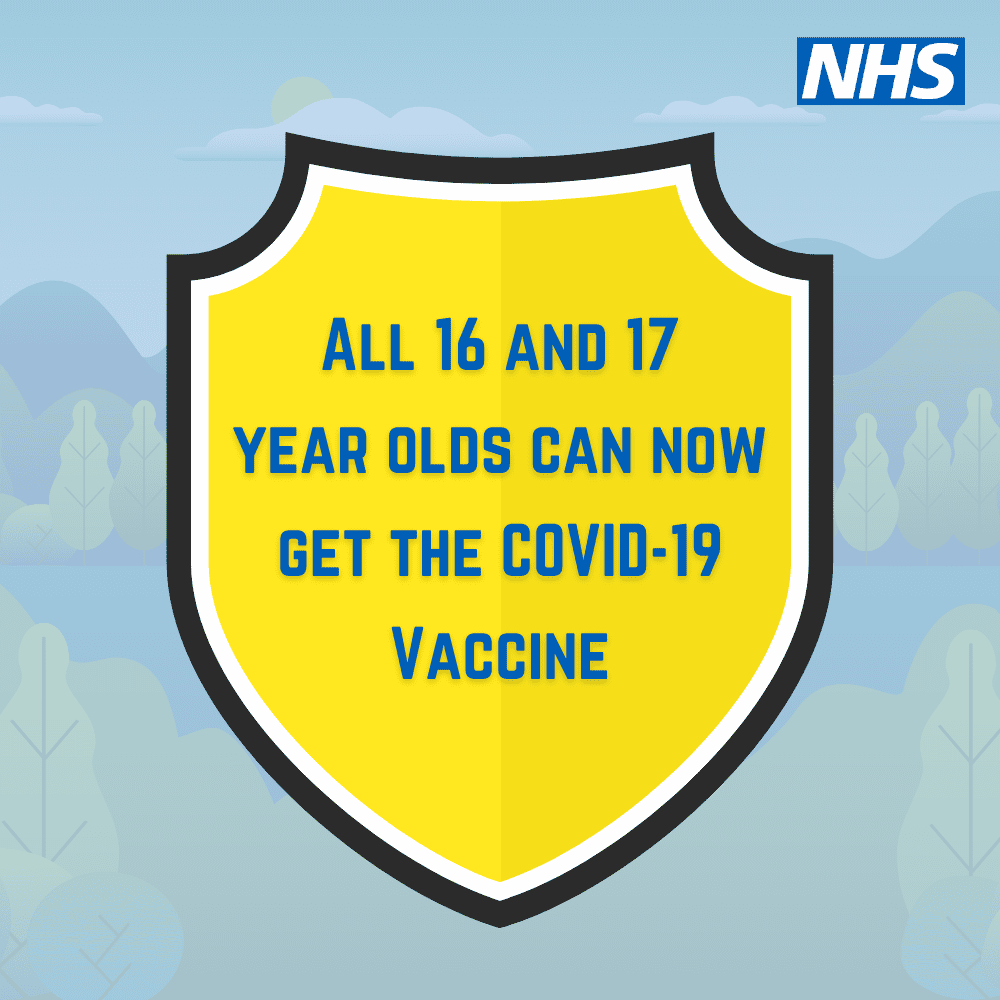
The government have written a letter for parents of young people about COVID-19 vaccinations and testing which can be found here: https://bit.ly/3vs8bcB
Latest FAQs
Can I get a vaccination?New
A number of vaccination sites across the Black Country and West Birmingham are offering walk-in vaccines to young people aged between 16 and 17.
This follows recent guidance from the Joint Committee on Vaccination and Immunisation (JCVI) to extend the vaccination roll out to 16 and 17-year-olds.
Young people aged between 16 and 17, with no underlying health conditions, are now eligible for a single dose of the Pfizer vaccine, which they can get now get at a number of walk-in vaccination sites.
Those turning 18 in three months or less, or aged between 16 to 18 and clinically vulnerable or work in health and social care, can book their first dose online now or use a local walk-in centre, with second doses available after eight weeks.
You can find a list of all the sites that are able to vaccinate those aged 16-18 across the Black Country and West Birmingham here.
Do I need to report a confirmed positive Covid-19 case to the college?
We would ask Students and staff to please report positive cases to the college as normal using the online absence system at the bottom of the page so monitoring and reporting can take place
Will the College be offering testing to those who attend Campus?
Up to one third of people who have coronavirus are asymptomatic. By testing we will help to reduce the spread in the college setting through asymptomatic transmission. The College therefore strongly encourages those returning to college to be tested.
The lateral flow tests are quick and easy to undertake, using a swab of the throat and/or nose. Results take around half an hour from testing. You should inform the college of a positive test result and register all results on the NHS reporting portal (details are included in the kits). You will also receive a text/email confirmation of a positive or negative result from the online NHS system when you register your result. Tests are free of charge.
This testing programme at college is for people with no symptoms. If you develop symptoms at any time (including a high temperature; a new, continuous cough; or a loss or change to their sense of smell or taste) you must immediately self-isolate, and book a test by calling 119 or visiting Book a Test.
What about data collected through the coronavirus asymptomatic testing program?
Information regarding the data collected is included in a document at the top right of this page.
What do I do if I show symptoms or I live with someone who shows symptoms of coronavirus?
Students showing any symptoms of coronavirus (a high temperature, a new continuous cough or loss or change in their sense of smell or taste) should not attend College or attempt to travel to College.
If you are are living with someone who is displaying these symptoms, you will need to isolate unless the following applies:
- You have received both does of the vaccine
- You are under the age of 18 years and 4 months
If a student displays any symptoms during the College day, they will need to leave the College site.
Students will be taken to a designated room to wait for parents/carers or a taxi to collect them.
An enhanced cleaning regime is in place and this will be deployed after the student has left the site.
Students will not be able to return until they are free from symptoms and the proper period of self-isolation has passed, or they are free from symptoms and have had a negative test result.
Tests can be booked on Book a Test. or by calling NHS 119. The College must be informed of a positive or negative result.
What are the rules regarding hygiene/handwashing?
Soap in toilets will be checked and replenished throughout the day. Any issues can be reported through QR codes in the toilets.
Hand sanitiser stations are in place at the entrance to campuses
There is hand sanitiser at the entrance to each block.
Ensuring Good Respiratory Hygiene by Promoting “Catch it, kill it, bin it”
Posters will promote the message around the College.
Students should bring in their own tissues to College, but bins are available around the College.
Cleaning “Frequently Touched Surfaces” using products known to kill coronavirus
Cleaning staff are scheduled throughout the day to clean frequently touched surfaces and toilets.
How’s the College minimising contact and mixing on Campus?
Students are taught in distinct groups and the groups will be kept separate as much as possible.
Wherever possible, classrooms will be arranged so that desks are in rows with students facing forward.
Students should bring their own equipment and not share it.
Students within the same group can share College equipment but it will be cleaned regularly as part of the new cleaning routine.
Students will be encouraged to wear face coverings on College coaches.
How is the College managing the retail and catering outlets?
The College’s B63 Bistro, Elliott’s and Starbucks will be open in line with government guidance for retail and hospitality .
Please wear a face covering when buying food and drinks if outlets are busy. When you are seated to eat/drink you may remove your face covering.
Sanitise your hands before eating.
Dispose of your own litter.
Wipe down your table using the sanitiser/wipes provided.
How do I pay for things on Campus?
Please pay contactless wherever possible using your College ID Card or a debit/credit card.
Do I need to wear a face covering at College?
We have updated our guidance on the wearing of face coverings, which apply to students, staff and visitors
- You are strongly encouraged to wear a face covering when travelling to college by public transport or on a college coach.
- You are strongly encouraged to wear a face covering in any of the college food outlets (Elliott’s, Starbucks, Bistro, Munch) when they are busy unless you are seated.
- You are strongly encouraged to still wear a face covering when in busy indoor areas.
- You will not be required to wear a face covering, but we will fully support you if you wish to wear one.
Staff and students should bring their own face covering into College as we cannot provide these on an ongoing basis.
When wearing face coverings, it is essential they are worn safely, and students are discouraged from touching their face and wearing a mask that is not clean. When removing a mask, students should wash their hands first then place the mask in a sealable, plastic bag for storage, reversing the process when putting it back on. Students should ensure they have a suitable bag to store it in for times when it is not in use.
Do you have any resources for vulnerable learners?
Halesowen College continues to support its vulnerable students. The College’s leads for Safeguarding and Special Educational Needs and Disabilities have identified some key websites and resources which they believe may be useful to our vulnerable students and their families.
If you have any questions or queries, please contact us using the Submit a question option below.
- MIND, a good, clear and comprehensive site regarding mental health and wellbeing
- Anxiety UK
-
British Association for Supported Employment
Information for students who would have been working as part of their college course, useful information about your job and support whilst the business is unable to support you in work.
-
Books beyond words, advice, and free downloadable book
Books beyond words have produced some books without words to explain some of the confusion surrounding the coronavirus for student with a learning disability or communication difficulties.
-
Mencap, an easy Coronavirus reading guide
Guidance about the coronavirus in an easy to read format for students with learning disabilities.
-
National Development Team for Inclusion
A website that includes links to support the rights of students with disabilities and their families during the current pandemic.
-
National Autistic Society, includes resources and tips online, and a social story
Supporting resources for people with autism and their families, some great case studies of autistic peoples experience during the lockdown.
- Place2Be – Children’s Mental Health Charity
- Counselling Changes Lives
Your Health and Wellbeing
It is normal to feel stressed and anxious during such difficult times. Below is our advice for protecting your mental health and well-being while the world navigates this ever-changing situation:
- Eat well, drink lots of water and exercise at home – looking after your physical health will have a positive impact on your mental health
- Focus on fact, not rumour and speculation. Only follow reports from trusted news outlets or a credible source, such as the World Health Organisation. Try to limit the amount of time you spend listening to/reading/watching news reports
- Where possible, follow advice given by health agencies and the government to protect you and your loved ones, including looking after your personal hygiene (wash your hands), cleaning surfaces and self-isolating, particularly if you/they fall into one of the at-risk groups
- While social distancing is advised, you can use social media positively to keep in touch with your friends and family. Seek out some of the many stories of kindness and support people are sharing on-line
- If you are well, find out what you can do in your community to support those who are not well or are in an at-risk group
If you need someone to talk to, and know your personal coach’s email address, contact them directly. If not, contact a member of the safeguarding team:
- Lynn Pass: lpass@halesowen.ac.uk – 07458009565
- Haroon Bashir: hbashir@halesowen.ac.uk – 07458064707
- Caroline Walker: cwalker@halesowen.ac.uk – 07458045177
- Sue Crowley: scrowley@halesowen.ac.uk – 07458007696
- Jen Morrison: jennifermorrison@halesowen.ac.uk – 07458045171
- Lee Clulow-Smart: lclulowsmart@halesowen.ac.uk – 07458007697
- Atlanta Hazelwood: ahazlewood@halesowen.ac.uk – 07458064708
Please take care of yourselves and those around you.
Additional Information
- NHS: Coronavirus information
- Public Health England: Stay at home guidance
- UK Government: Guidance for educational settings
- UK Government: What parents and carers need to know about early years providers, schools and colleges during COVID-19
- World Health Organization: Find out more about Novel Coronavirus (2019-nCoV)
If you have any concerns about your health you should use the NHS 111 website initially, or if you have no internet access then contact the free NHS 111 telephone helpline. Check the NHS website for the latest official advice.
To see our previous responses and guidance, please refer to our archive pages available here: https://www.halesowen.ac.uk/home/coronavirus-update-archive/
https://www.halesowen.ac.uk/home/coronavirus-update-archive-2/ https://www.halesowen.ac.uk/home/coronavirus-update-archive-3/ https://www.halesowen.ac.uk/home/coronavirus-update-archive-4/ https://www.halesowen.ac.uk/home/coronavirus-update-archive-5/
https://www.halesowen.ac.uk/home/coronavirus-update-archive-6/
https://www.halesowen.ac.uk/home/coronavirus-update-archive-7


